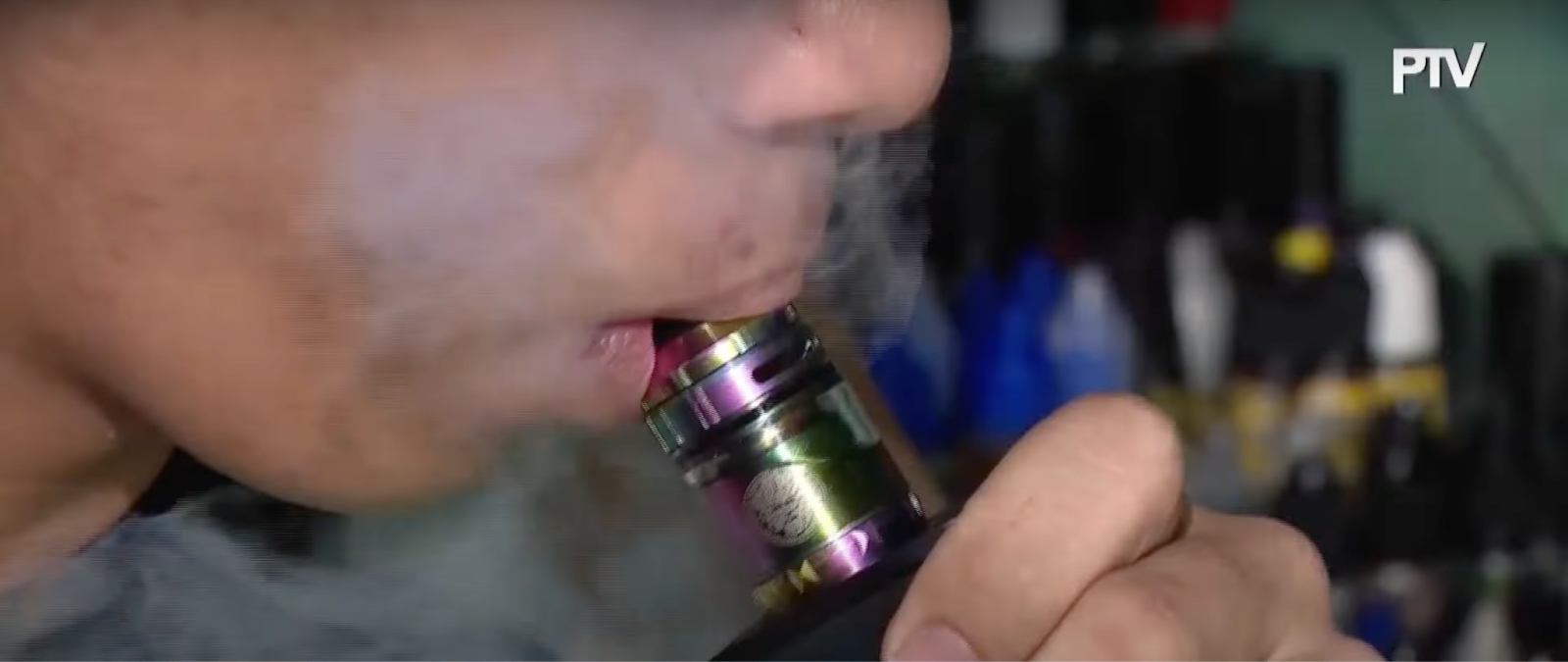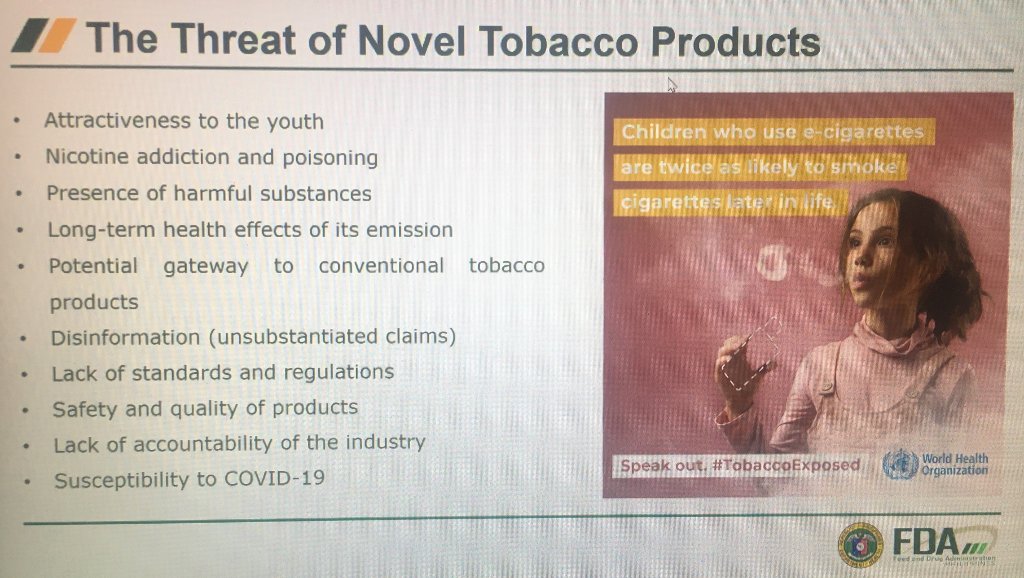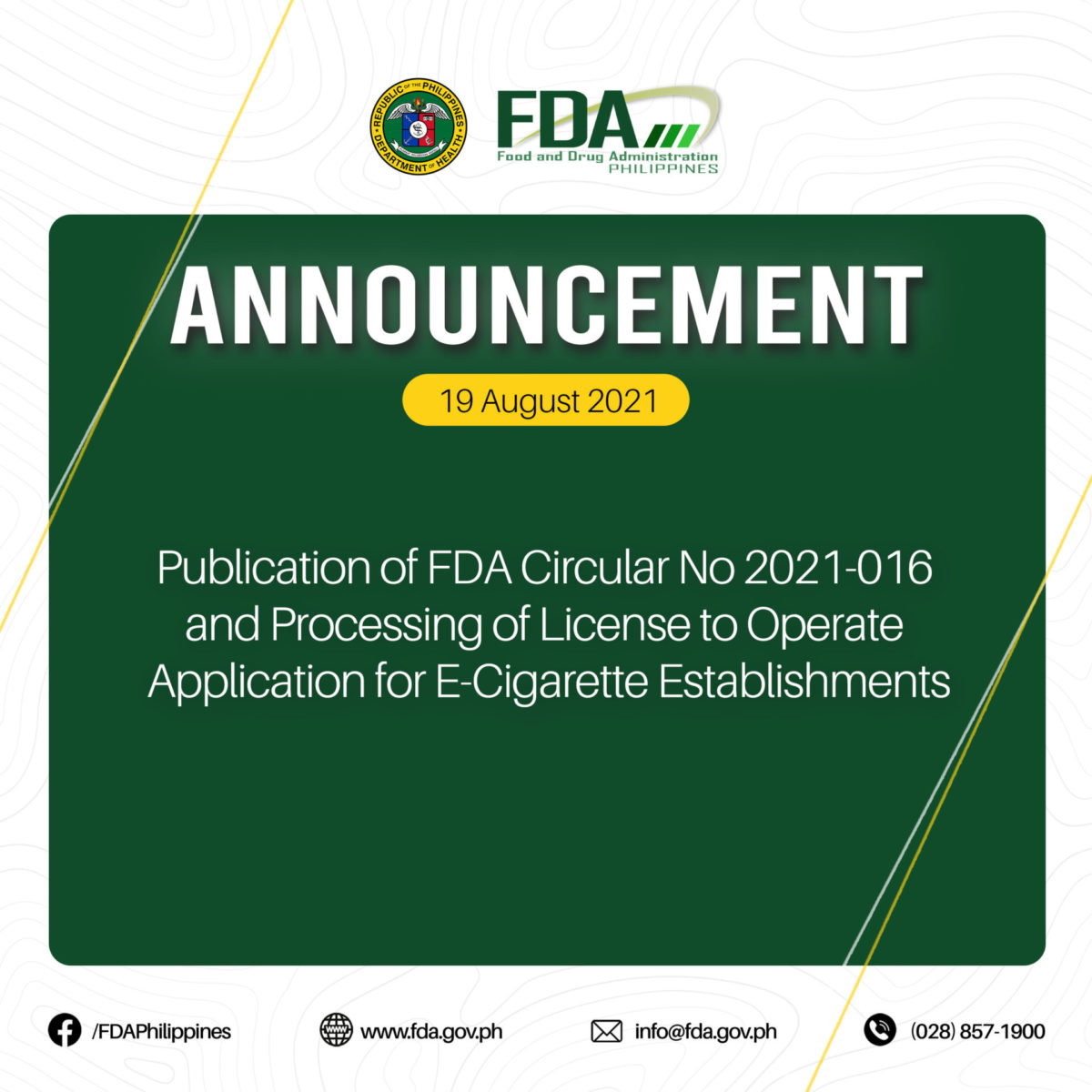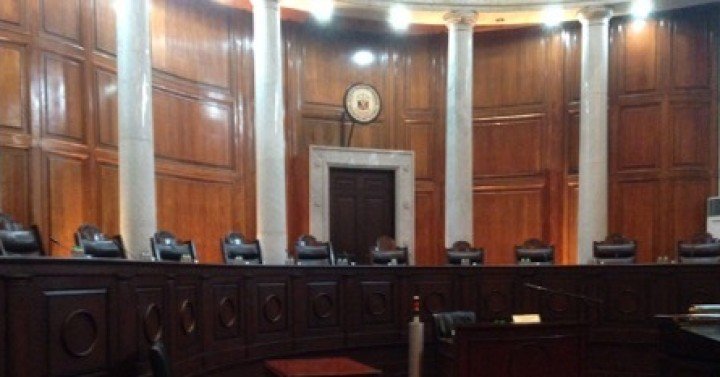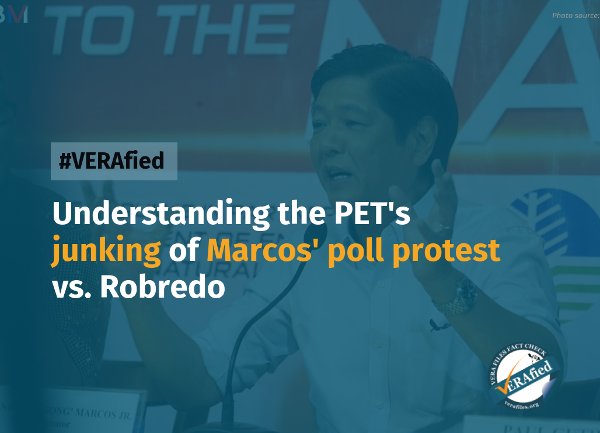
Anti-tobacco advocates are calling for a review of the law that placed vape products under the regulation of the trade and industry department after the Supreme Court ruled that such products should be under the jurisdiction of the Food and Drug Administration (FDA).
In a decision promulgated last July 23, the high court said “all products affecting health, including tobacco products, are covered by the FDA’s mandate to ensure the safety, efficacy, purity, and quality of health products”.
On July 30, the Department of Health welcomed the SC ruling as a “decisive step” that would prevent the tobacco industry’s efforts to sidestep existing policies and empower authorities to reduce the health risks associated with tobacco consumption.
“We see this decision by the Supreme Court as a triumph of justice in favor of health for our people,” said Health Secretary Teodoro Herbosa.
For its part, the Southeast Asian Tobacco Control Alliance (SEATCA) is calling upon Philippine lawmakers to reconsider the Vaporized Nicotine and Non-Nicotine Products Regulations Act, which gave the trade department regulatory authority over electronic smoking devices (ESD).
“As ESDs are harmful to health, the FDA is the appropriate agency to regulate these products,” said SEATCA executive director Dr. Ulysses Dorotheo. “We must actively protect the power of health authorities to regulate the tobacco industry and reject any attempts to undermine or discredit the[m].”
HealthJustice, a public health advocacy group, applauded the SC’s decision, saying it strengthens the country’s commitment under the World Health Organization Framework Convention on Tobacco Control.
“Th[is] is a landmark triumph in our battle to reduce tobacco consumption and its deadly consequences to Filipinos, especially the youth. The decision removes any doubt and obstacle for the DOH and the FDA to continue their mandate of protecting the health of our people and stopping the destruction caused by the tobacco industry,” said former health secretary and HealthJustice board member Jaime Galvez Tan.
Former Health undersecretary Alex Padilla, who is also a HealthJustice board member, called the ruling “significant and timely” as the country faces another health crisis brought by the tobacco industry’s “aggressive push of vapes and heated tobacco products.”
Republic Act No. 11900 or the Vaporized Nicotine and Non-Nicotine Products Regulations Act, was ratified by Congress on Jan. 26, 2022 but was transmitted to Malacanang by the House of Representatives on June 24, or just six days before ex-president Rodrigo Duterte, who is anti-tobacco, was to end his term.
Then newly-elected President Ferdinand Marcos Jr. allowed it to lapse into law on July 25 despite calls by heads of health agencies and medical groups to veto the measure to protect the youth from the harms of tobacco and other vape products.
The law lowers the age restriction to vapes from 21 to 18 years old, allows online advertising and selling of these so-called novel products now available in many flavors and places its regulation under the Department of Trade and Industry rather than the FDA.
The DTI ordered a temporary suspension on the sale of vape products online last July 20, citing the need to “safeguard the youth and prioritize public health.”
(Read: Toughen law, protect children from vape, gov’t urged)
In the latest SC decision penned by Senior Associate Justice Marvic Leonen, the high court affirmed its 2021 ruling giving the FDA regulatory functions over tobacco products, as stipulated under the FDA Act.
It denied the motion for reconsideration filed by the Philippine Tobacco Institute (PTI) and Albay 1st District Rep. Edcel Lagman, further rejecting claims that the Inter-Agency Committee on Tobacco has exclusive authority over tobacco products.
